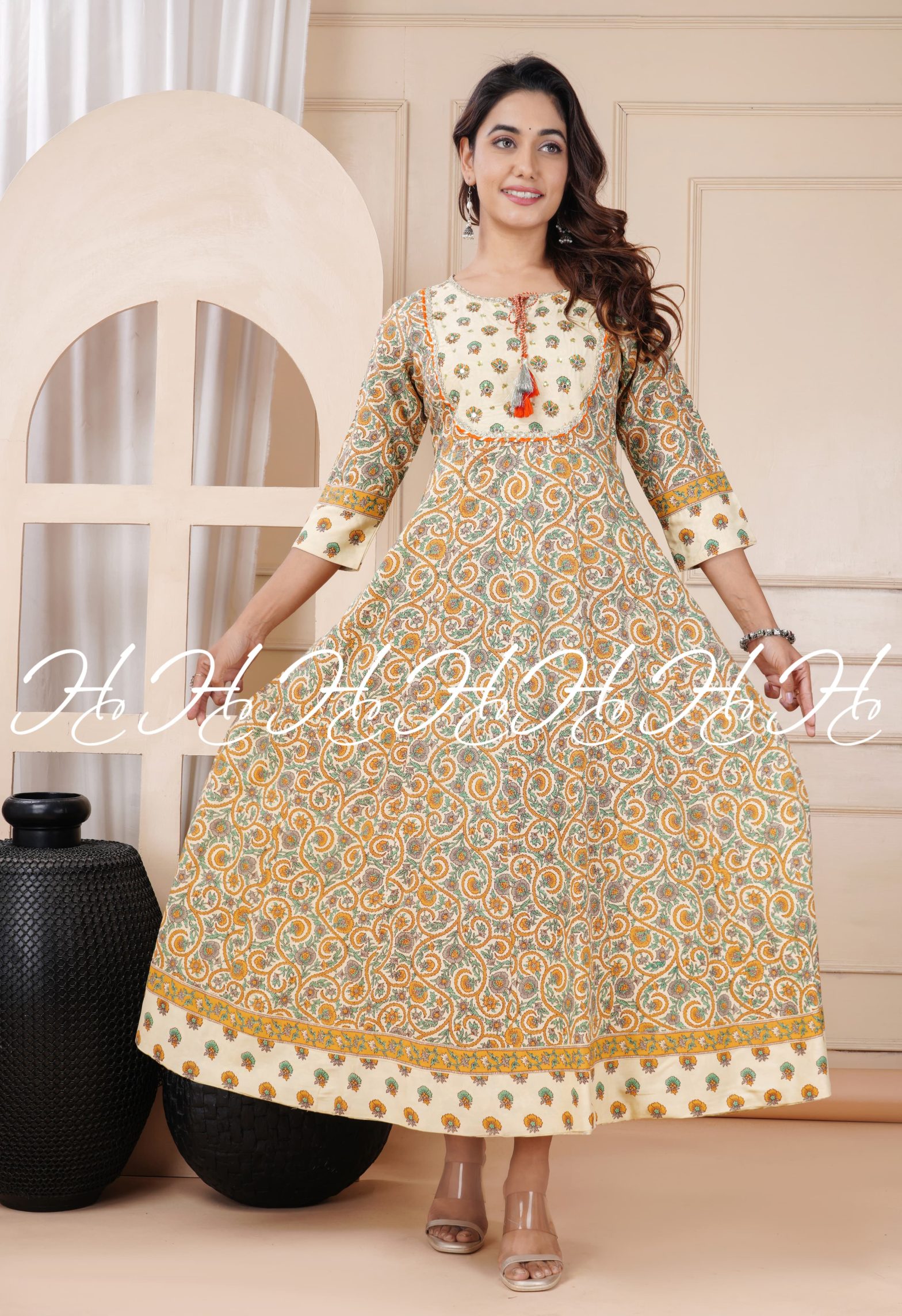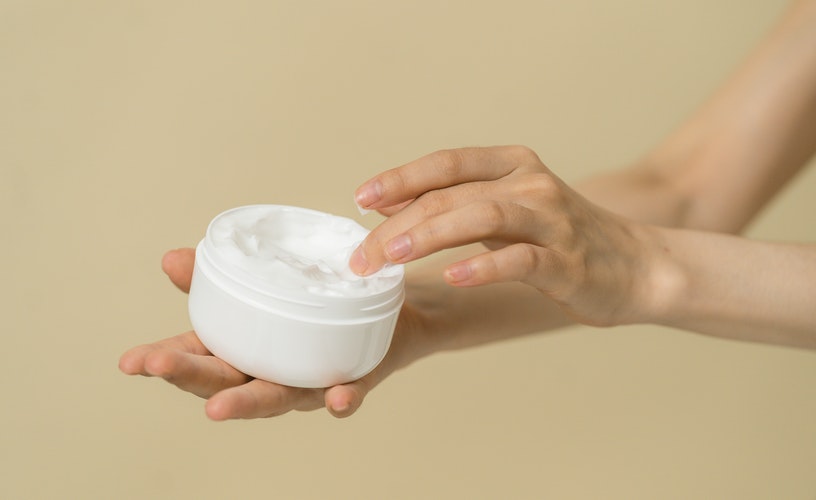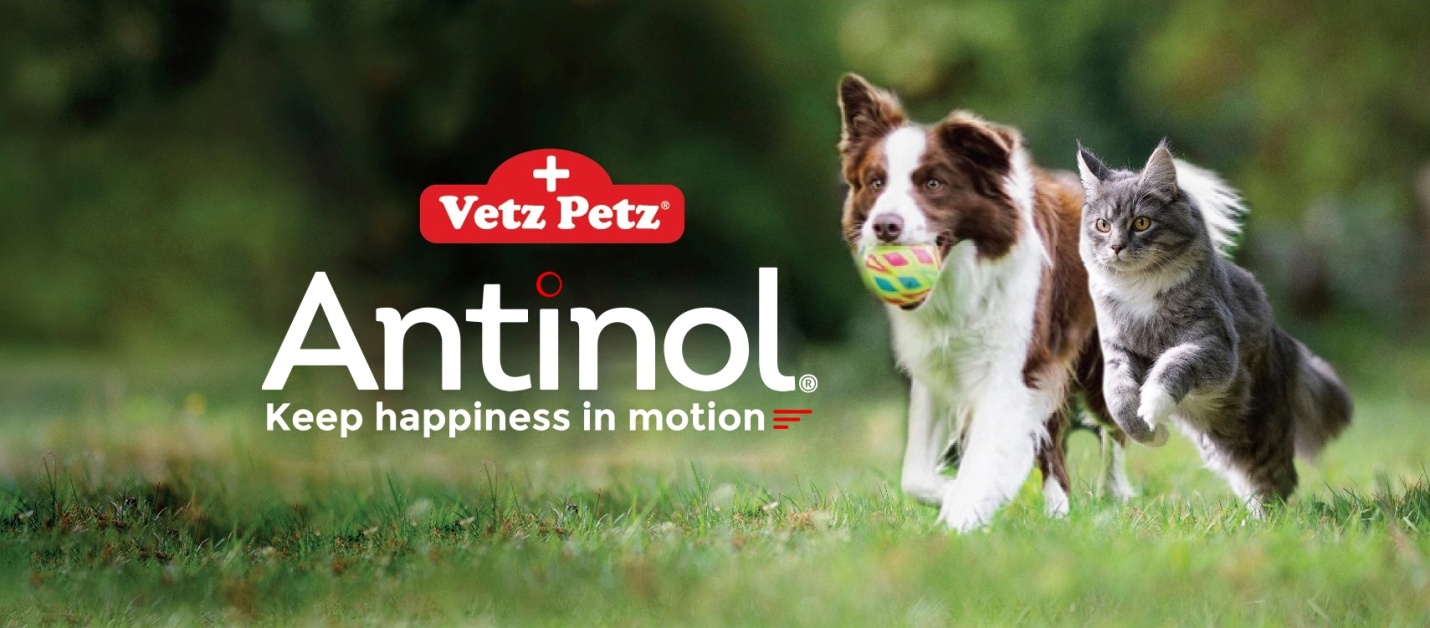How does a ladies designer kurti wholesaler and manufacturer ensure fabric quality and durability?
When you work with a ladies designer kurti wholesaler and manufacturer, one of the biggest advantages you receive is consistently high fabric quality and long-lasting durability. In the competitive world of ethnic wear, wholesalers and manufacturers understand that the foundation of any premium kurti lies in the strength, feel, and reliability of its fabric. This is why they invest heavily in strict quality checks, expert sourcing, and advanced production methods to guarantee that every kurti meets customer expectations.
Fabric quality becomes even more important when buying in bulk from Wholesale branded kurtis manufacturers in Jaipur, as retailers need assurance that every piece will reflect the same level of excellence. Jaipur, known as a hub of textile heritage, is home to manufacturers that blend traditional craftsmanship with modern technology to achieve the best standards of quality. Below is a detailed explanation of how these professionals ensure fabric quality and durability at every step.
1. Careful Selection of Raw Materials
Every high-quality kurti begins with the right fabric. A reputable ladies designer kurti wholesaler and manufacturer carefully selects raw materials from trusted textile mills. They prefer cotton, rayon, muslin, chanderi, modal, silk blends, and other durable fabrics known for comfort and long life.
Before procurement, they check:
- Fiber composition
- Thread count
- Fabric weight
- Breathability
- Shrinkage percentage
By choosing the best raw textiles, they set a strong foundation for long-lasting kurtis that maintain their shine and structure over repeated use.
2. Partnering With Verified And Reputed Mills
To prevent inconsistency in fabric quality, wholesalers and manufacturers collaborate only with verified mills that follow strict production standards. Many Wholesale branded kurtis manufacturers in Jaipur rely on long-term partnerships with mills that understand the precise needs of ethnic wear producers.
These mills offer:
- Consistent fabric dyeing
- Stable colors
- Smooth finishes
- Eco-friendly processing
Such partnerships help ensure that every fabric roll meets the same quality benchmark and avoids defects.
3. Rigorous Fabric Testing Before Production
To ensure durability, wholesalers and manufacturers conduct lab-level fabric testing before cutting and stitching. Some common tests include:
- Tear and tensile strength test: Ensures the fabric does not rip easily.
- Shrinkage test: Checks how much the fabric shrinks after washing.
- Colorfastness test: Ensures colors do not bleed or fade quickly.
- Pilling test: Confirms the fabric will not develop lint balls.
- Rub test: Checks dye stability during friction.
These tests help manufacturers reject fabrics that may cause issues in the final product.
4. Pre-Washing the Fabric for Stability
Many high-end manufacturers use pre-washing techniques to eliminate excess dyes, reduce shrinkage, and soften the fabric. This ensures that the final kurti remains stable even after multiple washes.
Pre-washing offers benefits like:
- Improved texture
- Reduced risk of color bleeding
- Enhanced softness
- Higher durability
Manufacturers who skip this step risk producing kurtis that shrink or fade after the first wash.
5. Using High-Quality Dyes and Printing Techniques
Fabric durability is also dependent on the dyes used. Top ladies designer kurti wholesalers and manufacturers choose azo-free, eco-friendly dyes that offer rich colors without harming skin.
Jaipur is famous for:
- Hand block printing
- Screen printing
- Digital printing
- Natural dyeing
Wholesale branded kurtis manufacturers in Jaipur ensure each printing method is tested for precision, color intensity, and wash resistance.
6. Skilled Cutting and Stitching Techniques
Even the best fabric cannot maintain its durability without strong stitching. Wholesalers and manufacturers employ highly skilled workers who follow precise cutting and stitching methods to maintain structural strength.
They use:
- Industrial-grade sewing machines
- Reinforced seams
- Double stitching at stress points
- High-quality threads
- Proper lining materials
This ensures the kurti retains its shape, falls well, and withstands long-term wear.
7. In-Process and Final Quality Inspections
Quality checks happen at multiple stages of production:
- After fabric arrival
- After printing or dyeing
- After cutting
- After stitching
- Before packaging
Inspections include checking for defects like loose threads, misalignment, color variations, or fabric thinning. Only pieces that satisfy strict standards are approved for bulk delivery.
8. Packaging That Protects Fabric Quality
To maintain durability, manufacturers use proper packaging materials such as:
- Moisture-resistant poly bags
- Vacuum-sealed covers
- Folded packaging to avoid wrinkles
- Boxes for premium kurtis
Good packaging prevents damage during shipping and keeps the fabric fresh and clean.
9. Feedback-Based Production Improvements
Reliable wholesalers and manufacturers listen to retailer feedback. If customers highlight issues like shrinking or color fading, they revisit their fabric selection and production methods. This ensures continuous improvement and better quality with each new batch.
Conclusion
A ladies designer kurti wholesaler and manufacturer ensures fabric quality and durability through a combination of expert sourcing, advanced testing, skilled craftsmanship, and strict inspection protocols. When sourcing from Wholesale branded kurtis manufacturers in Jaipur, retailers can feel confident knowing they’re receiving kurtis made with premium materials, long-lasting stitching, and high-end printing techniques. The commitment to quality at each production stage is what makes Jaipur’s ethnic wear industry stand out across India and worldwide.













